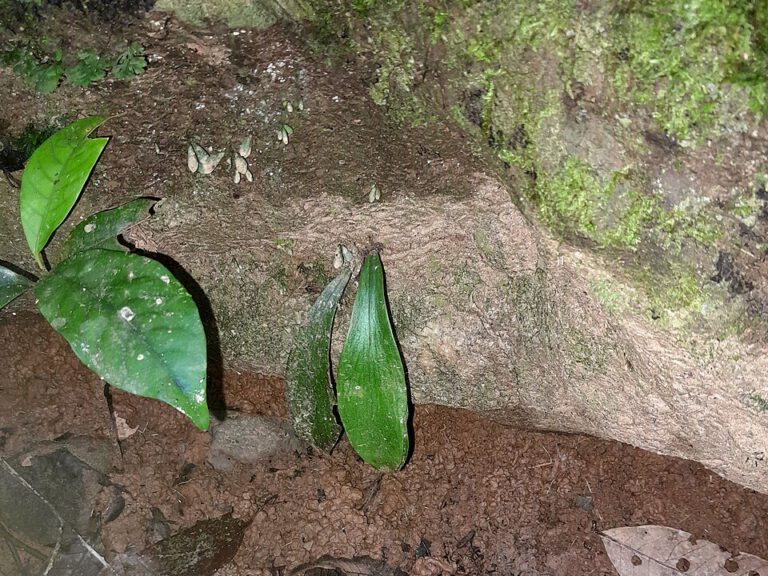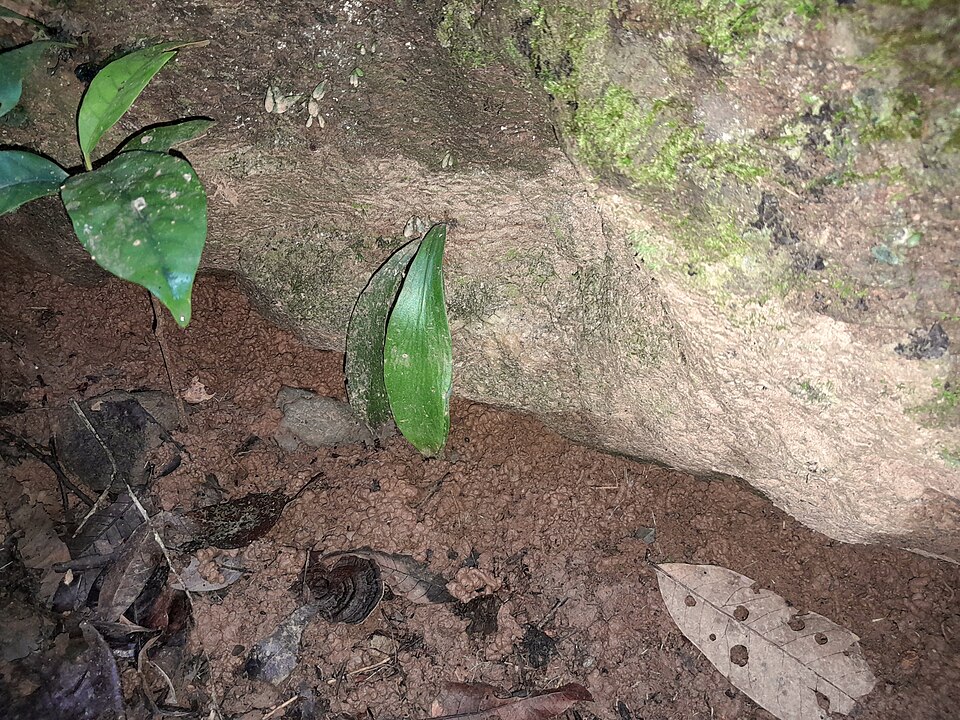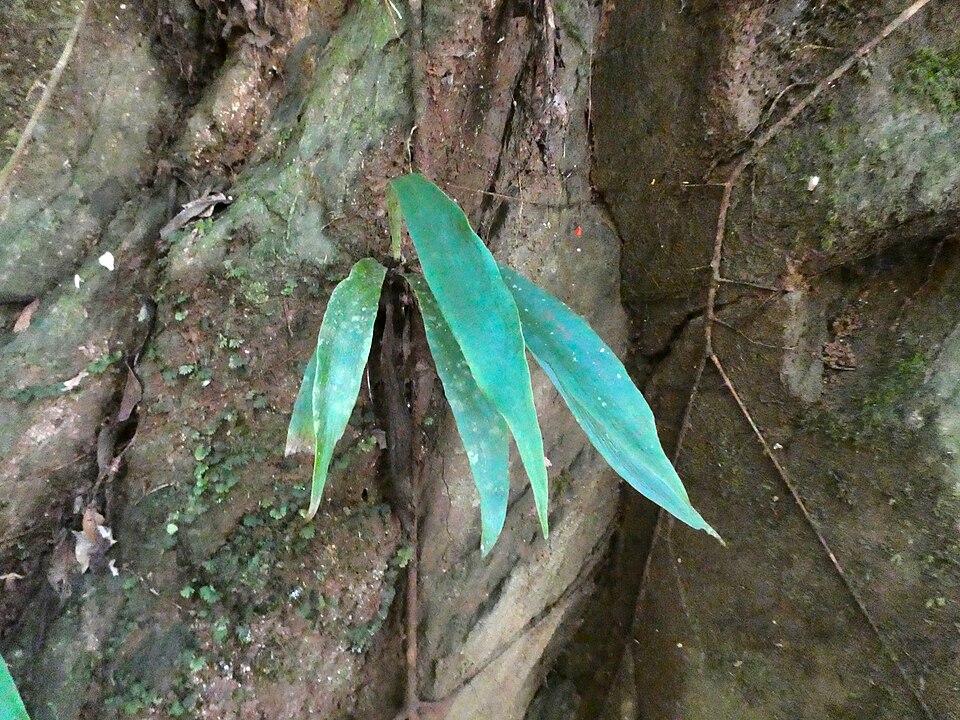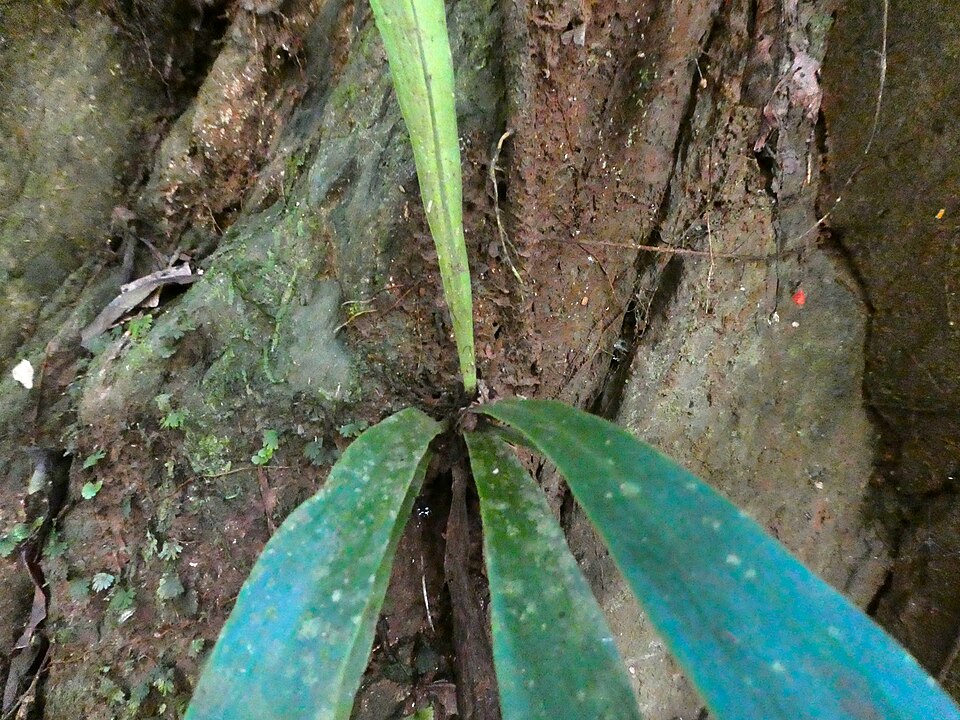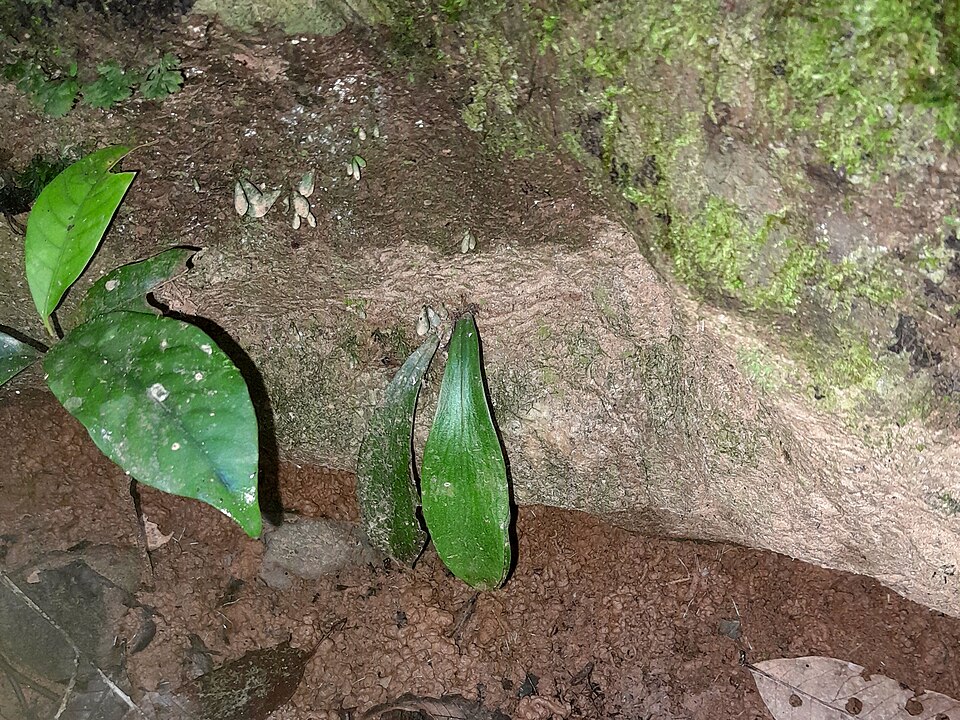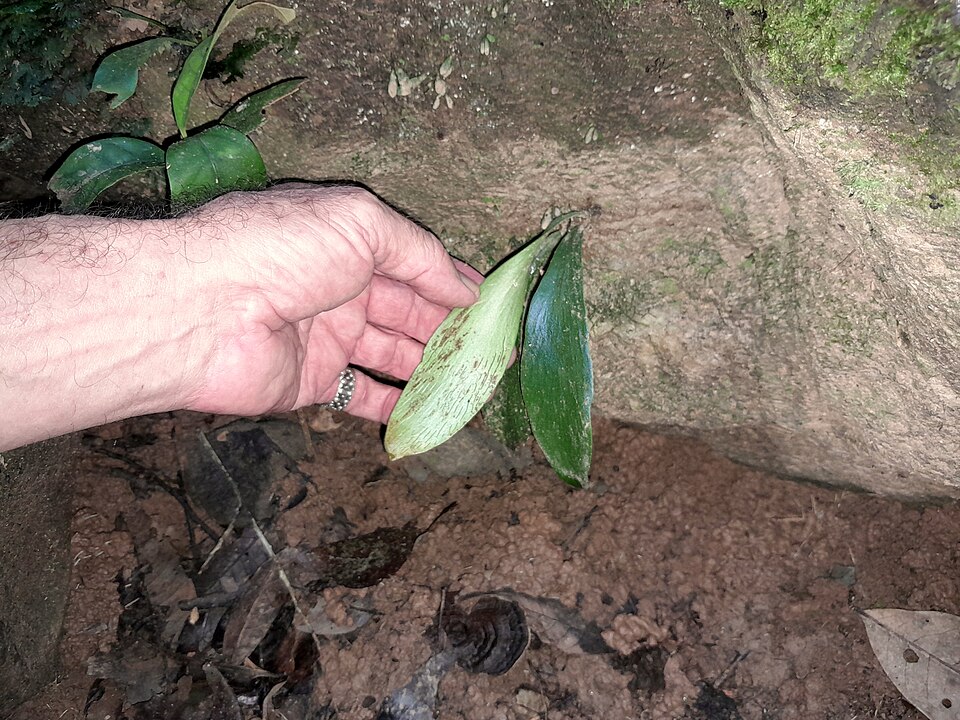The Lineleaf Fern: A Delicate Tropical Beauty for Specialized Gardens
Meet the lineleaf fern (Antrophyum), a charming little epiphytic fern that’s quite different from the typical garden ferns you might know. This perennial beauty brings a unique texture to tropical landscapes with its simple, strap-like fronds that look almost like green ribbons dancing in the breeze.
What Makes the Lineleaf Fern Special?
Unlike many ferns with their classic feathery fronds, Antrophyum keeps things simple and elegant. Its linear leaves are undivided, creating clean lines that add sophisticated texture to any planting. As an epiphytic fern, it naturally grows on other plants or surfaces rather than rooting directly in soil, making it a fascinating addition to specialized garden settings.
Where Does It Call Home?
The lineleaf fern is native to tropical regions including the Pacific Basin (excluding Hawaii) and Puerto Rico. You’ll find it naturally growing in places like Palau and Puerto Rico, where it thrives in the warm, humid conditions of tropical forests.
Is This Fern Right for Your Garden?
Here’s where things get interesting – and a bit challenging. The lineleaf fern is definitely not your average garden plant. It’s best suited for:
- Tropical and subtropical regions (USDA zones 10-12)
- Specialized epiphytic gardens
- Terrariums and greenhouse collections
- Shaded rock gardens in very humid climates
If you live outside tropical zones, this fern will need indoor cultivation with carefully controlled conditions. It’s more of a collector’s plant than a landscape staple.
Growing Conditions: Not for Beginners
The lineleaf fern has some pretty specific needs that make it challenging for most home gardeners:
- Light: Bright, filtered light – never direct sun
- Humidity: High humidity levels (60-80%)
- Temperature: Consistently warm temperatures
- Substrate: Well-draining but moisture-retentive growing medium
- Water: Consistent moisture without waterlogging
Benefits to Your Garden Ecosystem
While ferns don’t produce flowers to attract pollinators, they do contribute to garden ecosystems in their own way. The lineleaf fern can provide habitat for small insects and adds to the biodiversity of tropical shade gardens. Its unique growth habit also makes it an interesting conversation piece for plant enthusiasts.
How to Identify Lineleaf Fern
Spotting Antrophyum is fairly straightforward once you know what to look for:
- Simple, undivided fronds that are strap-shaped or linear
- Fronds typically 4-12 inches long
- Smooth, leathery texture
- Growing as an epiphyte on trees, rocks, or other surfaces
- Spores arranged in lines along the underside of fronds
The Bottom Line
The lineleaf fern is undeniably beautiful and unique, but it’s definitely a specialist plant. Unless you’re in a tropical climate or have experience with demanding epiphytic plants, you might want to admire this one from afar. For most gardeners looking for ferns, consider easier native alternatives that will thrive in your local conditions.
If you’re determined to try growing Antrophyum, start with a terrarium or greenhouse setting where you can control the environment. With patience and the right conditions, you might just succeed in growing this tropical treasure!
